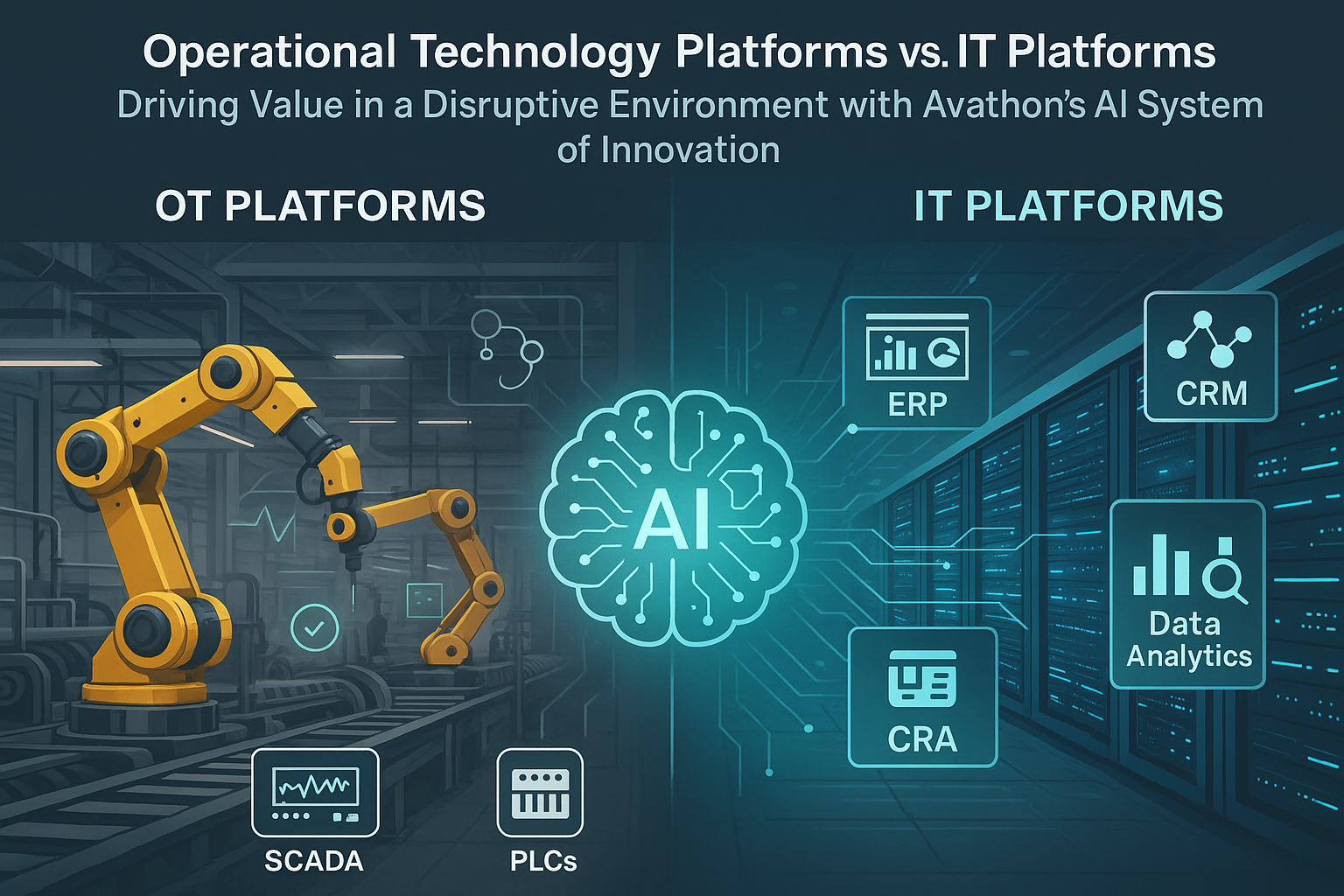How will artificial intelligence impact the future of labor?
To some workers around the country, AI is a bad word. They’ve learned that artificial intelligence will take their jobs, but the reality is quite different. Rather than eliminating jobs, AI, machine learning and other natural language tools free workers from mundane day-to-day tasks and allow them to work their way up the value chain, bringing greater overall efficiency and job satisfaction.
On June 24th, 1894, President Grover Cleveland signed legislation designating Labor Day as an official holiday in the United States. As SparkCognition marks America’s 130th observance of Labor Day, it’s unclear how technology will ultimately impact the U.S. labor force. But one thing is clear: technology is an asset to workers.
Augment human intelligence with AI
No one can say confidently what working life will be like in the decades to come—because it’s not only about rapidly-evolving technological capabilities. We need, as well, to consider factors like the changing demographics of the American workforce, the impacts of politics and regulation, and a wide range of other unknowables whose outcomes no one can imagine today.
It’s clear that purpose-built artificial technology products enable companies to prevent unexpected downtime, maximize asset performance, optimize prices, and ensure worker safety. This technology isn’t replacing workers; it’s empowering them to work smarter. When organizations can quickly capitalize on their data, providing actionable insights based on real-time analysis, workers are more productive, safer and better equipped to excel at their jobs.
There’s so much data in the world that using AI technology to optimize business processes is, at this point, table stakes. Technology enables companies to analyze, optimize, and learn from data; instead of replacing workers, these technology products augment human intelligence, driving profitable growth and helping to achieve operational excellence. Make sure employees benefit from the right technology tools.
AI is not the first technology to disrupt the labor force
The invention of the mechanical weaving loom in the early 1800s caused such a stir among textile workers that the Luddite movement was born. This was an anti-technology association whose goal was the destruction of every piece of textile machinery they could lay hands on. A century and a half later, this same chain of events happened again (albeit less violently) when automobile manufacturers and other industrial firms began implementing robotics and process automation to perform repetitive and dangerous tasks like painting and assembly.
But in every historical moment where technologies arose that appeared ready to eliminate a group of human jobs, the same two things inevitably happened:
- The technology was implemented despite the objections of affected workers.
- The affected workers evolved to performing other kinds of work, with formal or informal skills training enabling the transition.
Philosophical questions such as “Were workers better off or not when the dust settled?” are challenging to answer. But as Harvard economist Lawrence Katz offered in an interview for MIT Technology Review: “We have never run out of jobs. There is no long-term trend of eliminating work for people. Over the long term, employment rates are fairly stable. People have always been able to create new jobs.”
The single greatest challenge for the next few decades is not an inevitable dearth of meaningful employment but instead the need to train and upskill workers for the multitude of new roles AI will create: about 97 million of them, according to a recent report by the World Economic Forum. A significant portion of these new jobs will be a direct outcome of AI technology itself; well-trained workers will be needed to develop these systems, train them, maintain them and troubleshoot/repair them when they break. Today there is a significant lack of people with such skills.
New technologies demand continuing skills evolution
For the good of their employees, company leaders and workers should aggressively take up the responsibility of continuous skill enhancement. This has been the case for as long as there have been workplaces. The emergence of AI, machine learning and other technology products in recent years only reinforces this fact.
New technologies will have at least two significant effects on the average worker, regardless of their level or role within a company:
- AI will enable workers to do their jobs better, faster, more efficiently, and more safely
- AI (and its inevitable rapid progress) will also demand that workers continue to upgrade their skills to realize all the benefits of that enablement
In addition to the responsibilities that companies and workers bear in adapting to the new AI-based reality, government action is critical as well. The International Monetary Fund (IMF), in a recent blog, offered its perspective on the role AI is expected to play in the coming years and the actions governments must take to ensure positive outcomes. Their detailed country-by-country analysis quantified what many already intuitively know:
“AI is being integrated into businesses around the world at remarkable speed, underscoring the need for policymakers to act. The findings reveal that wealthier economies, including advanced and some emerging market economies, tend to be better equipped for AI adoption than low-income countries, though there is considerable variation across countries. AI could also affect income and wealth inequality within countries. We may see polarization within income brackets, with workers who can harness AI seeing an increase in their productivity and wages—and those who cannot falling behind.”
Labor will evolve with technological innovation
Technology will continue to evolve—not only AI, but all of it. Equally inevitable is that humans, by their nature, will never stop resisting change, particularly when it affects their wallets and lifestyles. At the same time, the more successful technology can be at eliminating the dirty, dangerous, and dull jobs that modern life demands, the tougher it will be to argue that this is not a good thing, even considering the short-term personal challenges.
The characteristics and skills humans bring to the table—judgment, critical thinking, creativity, intuition—remain uniquely in the purview of people and seem likely to stay that way for the foreseeable future.
Avathon’s portfolio of AI-enabled products was developed with the goal of enabling more effective and efficient operations and maintenance of complex technological systems in energy, manufacturing, aerospace, defense, and other industries. Click HERE to learn more about how our products enable greater productivity and efficiency.




